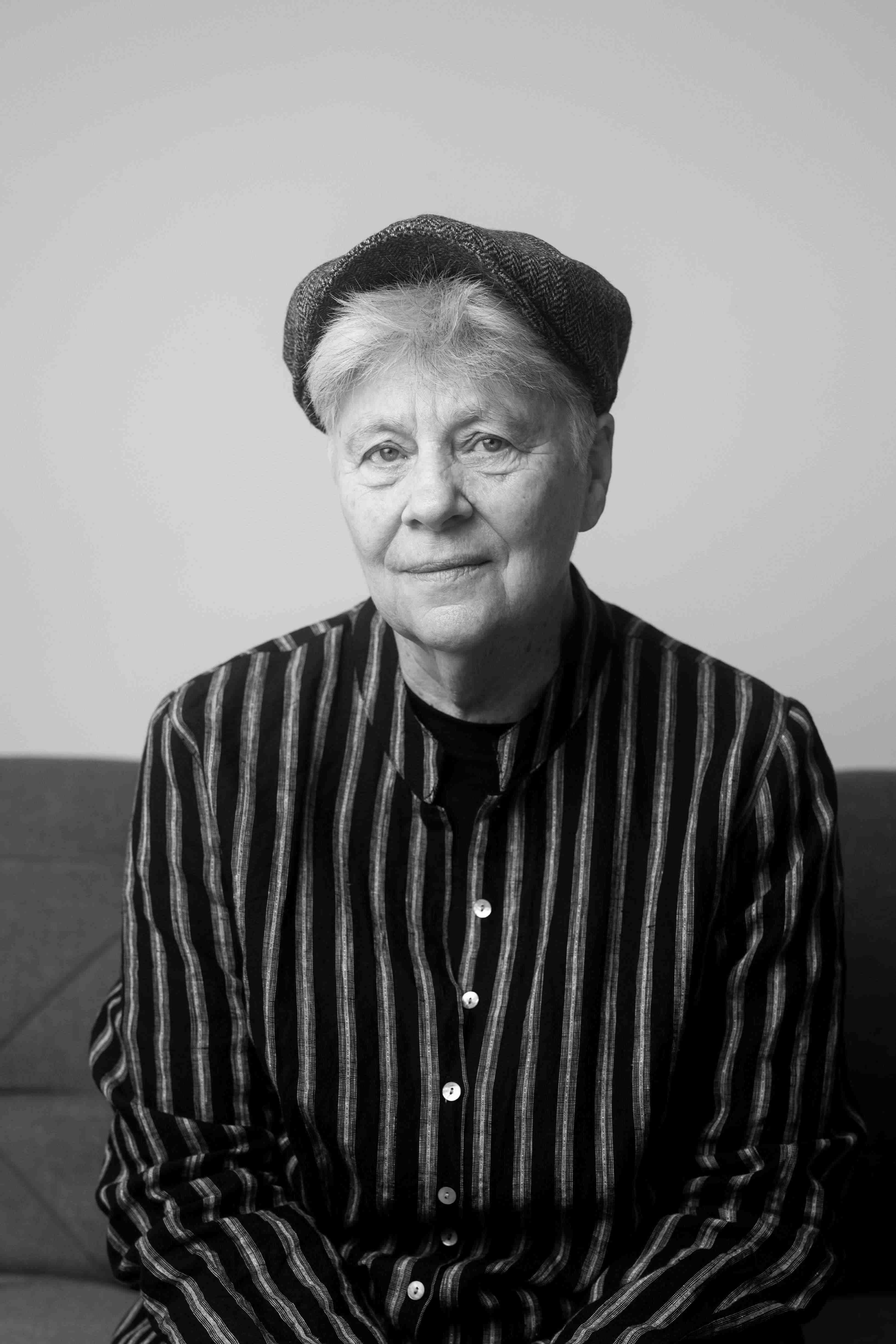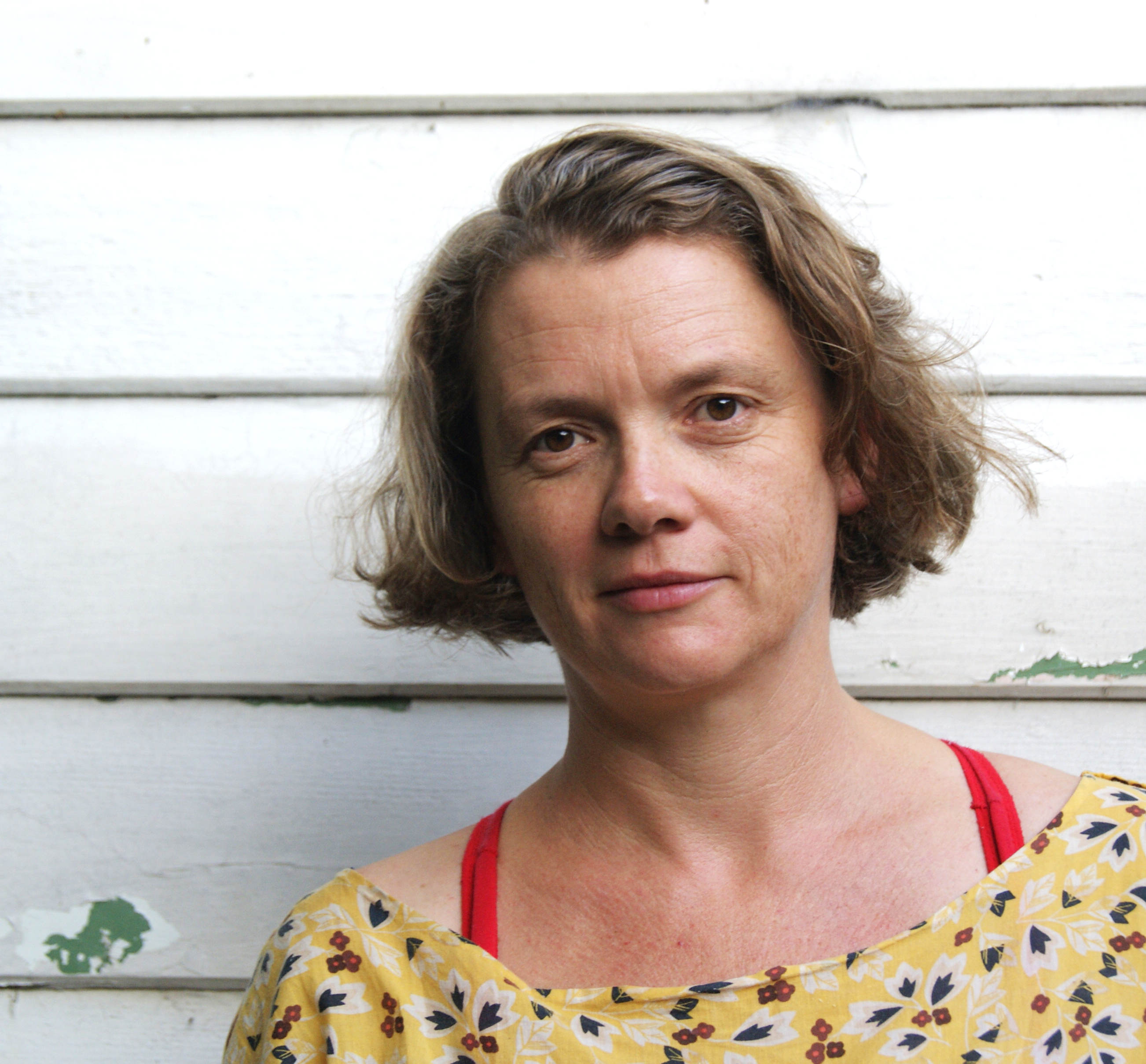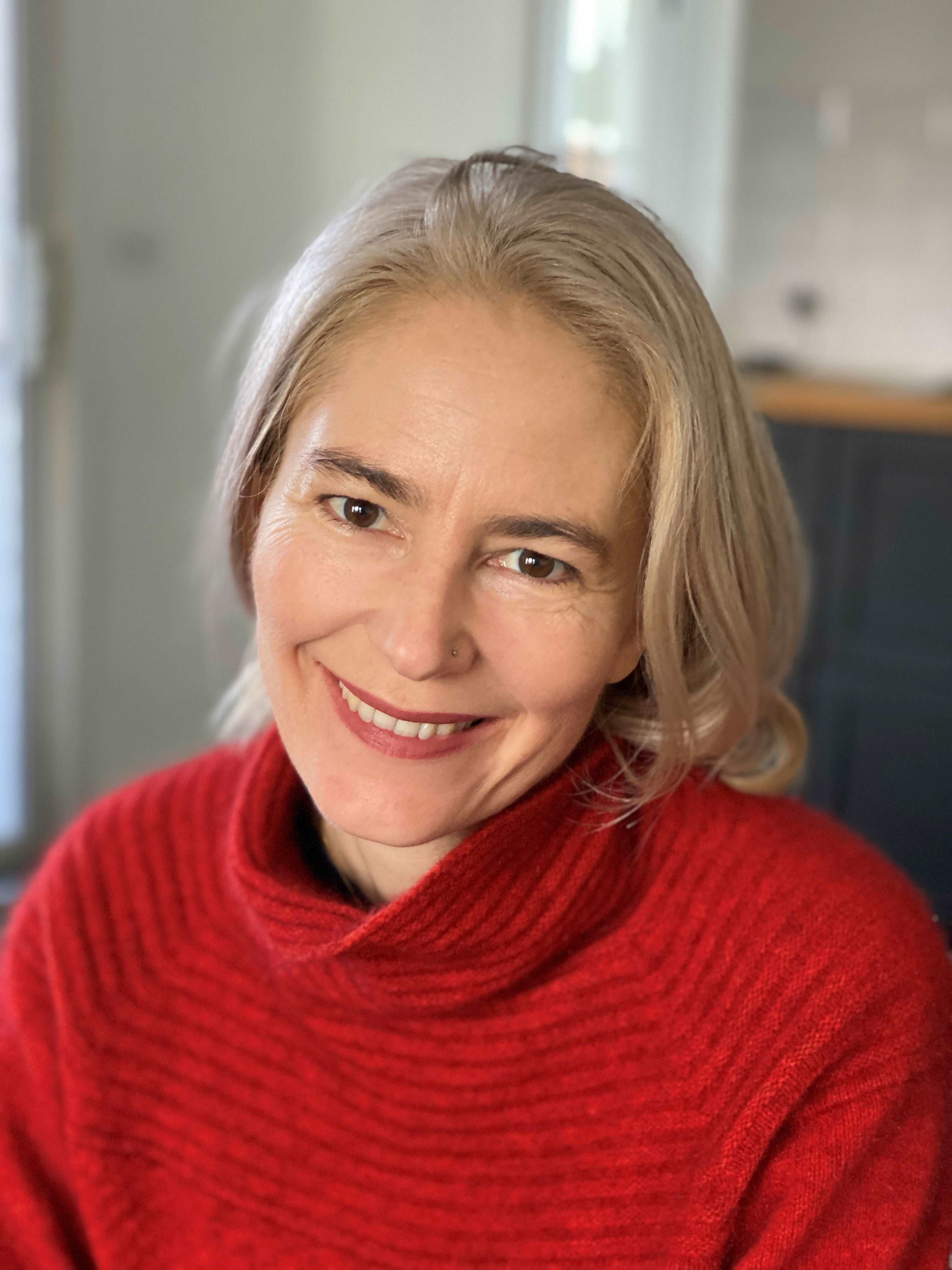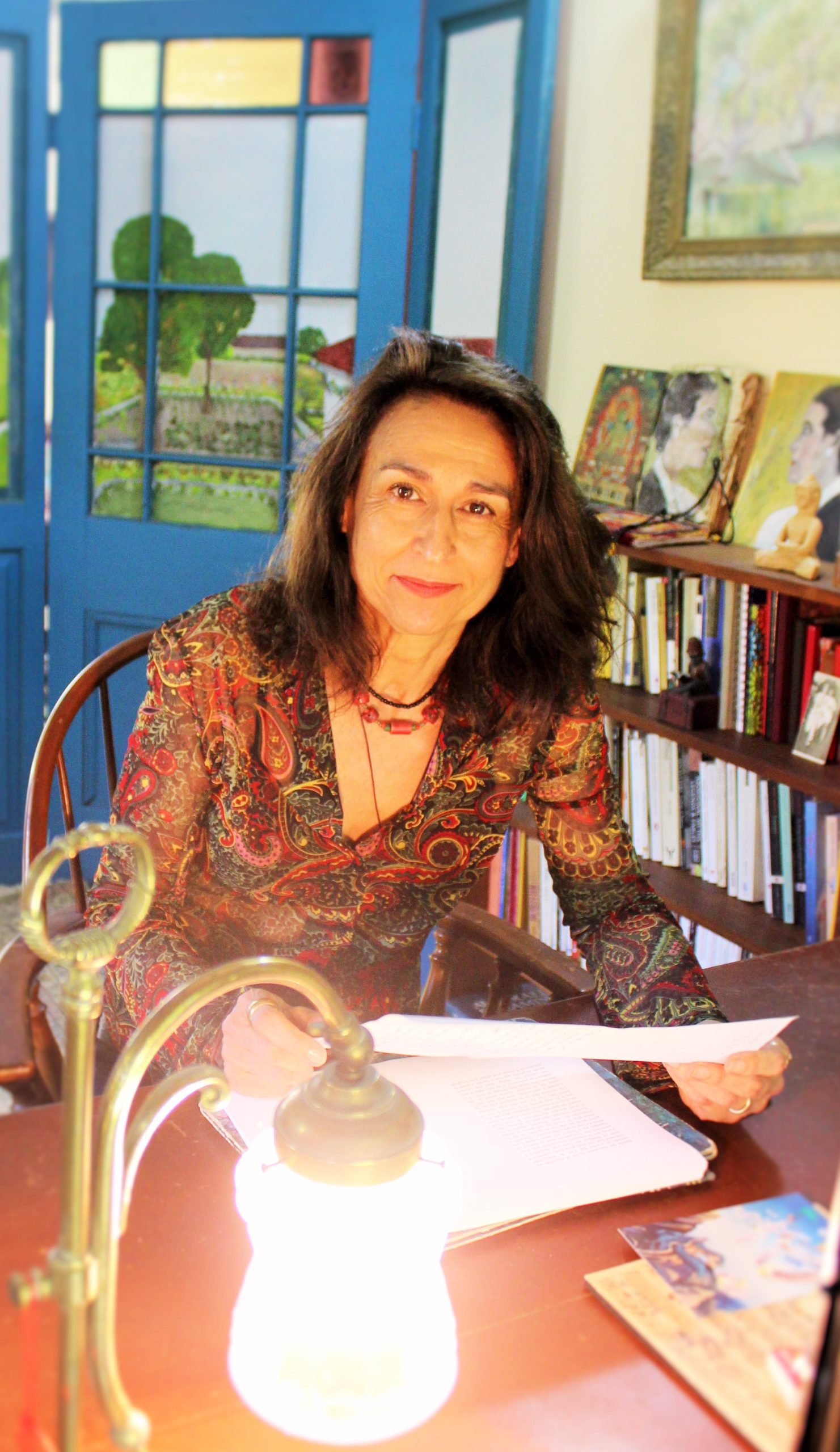How would you describe She Goes To Town?
In She Goes to Town I write as a lesbian poet about a gendered world from the point of view of outsider and one who lives on the fringes of heterosexuality. One who fully inhabits a voice of dissent and protest. I deep dive into gender and comment on living in both urban and rural communities.
She Goes to Town explores the tensions between leaving and staying, crossing lines, endings and beginnings. In poetry, micro-lit, short prose there is a mapping of the path to destruction and the saving graces of hope and trying again.
What drew you to write this poetry?
I lived until I was fifteen on a small farm in rural Victoria. I went to a city high school on a bus and back every day. I still have flashbacks, memories of wanting to be away, to have a wider view than was available in our country experience. So, when I sit down to write, even now, the sense of that overwhelming need to be away emerges onto the page, almost subconsciously.
Tell us a bit about the experience of writing the book…
A few years ago, my partner and I decided to live part-time in a small country town on the Far South Coast of NSW. During the time we have been building and setting up a house there I have been revisiting the idea of the rural and remembering my childhood experiences. This was during the COVID years when our world view was in any case reworked significantly, giving us new insights and experiences of the human condition. And this book is what came out of that for me.
Who is this book for?
Obviously, I hope it resonates with gay and lesbian and queer people, especially young people living in small rural communities, but it’s also for the general reader of poetry and micro-lit, as I believe most of the themes are commonly accessible for those interested in the poetry of place and our disturbing and puzzling times.
When (or where) would be the perfect time (or place) to read this book?
Keep it in your pocket and read a bit at a time. Or settle in with a coffee and toast and read it as a loosely connected narrative of our times.
What do you hope readers will take from this book?
That it’s a good read and was worth the time they put into it.
What prompted you to start writing poetry and when did you start?
I enjoy the process of compressing the essence of complex ideas into the different forms and structures provided by the poetic discourses. My first major collection came from my PhD thesis on the social construction of femininities. My collection Acting Like a Girl was great fun to write and it embodies many of the key contradictions, silences, dissonances and complexities of the gender discourses in the 70s and 80s in Australia.
One thing you’ve learned the hard way when it comes to writing poetry?
Shorter is better and narrative movement rather than description is a surer way of keeping a reader with you. Sometimes I try to get the essence of an idea into a tanka form, or short form of some kind. Then I can judge whether it warrants more words or not. And the reader needs to understand why they are spending time with you, so if you describe something there needs to be a point, or a reason why.
Best investment you’ve ever made in your writing?
Learning how to perform and/or read my work. Taking the opportunity to spend time and effort at the microphone in open mic and walk-up venues. Performance gives the listener an insight into your work that enhances a page reading. And it also gives you as a writer great insight into how you are using language yourself.
Favourite bookshop anywhere in the world?
Paperchain in Canberra.
What book are you currently reading?
Only the Astronauts by Ceridwen Dovey.
What’s the last book you read that you loved?
These books have stayed in my mind for many years
- Orlando, Virginia Woolf
- Songs my Enemy Taught Me, Joelle Taylor
- Hold Your Own, Kate Tempest
- The Monkey’s Mask, Dorothy Porter





